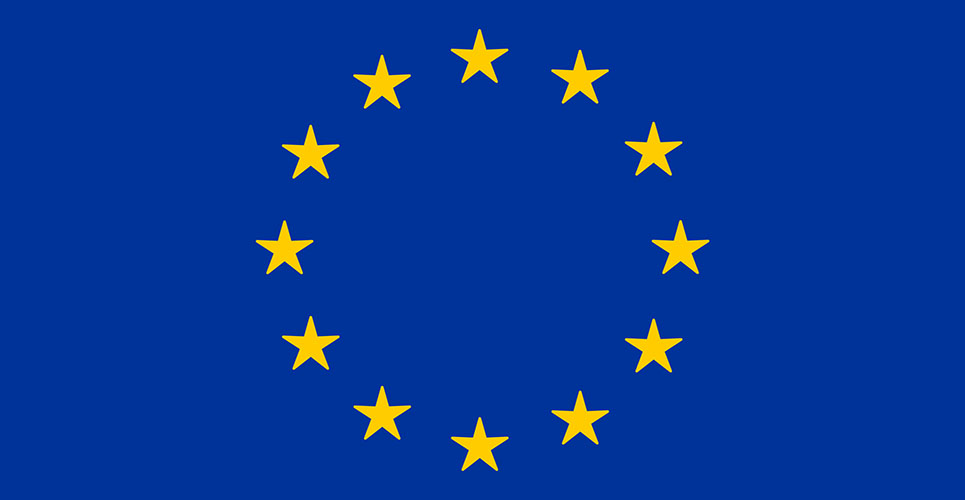teaser
The sale of drugs on the internet is a major problem for EU policy makers
Brian Edwards
CBE
Emeritus Professor of
Healthcare Development
University of Sheffield
UK
The sale of pharmaceutical products on the internet is once again exercising the minds of EU officials in Brussels.
Member states have expressed their dissatisfaction with the Commission’s draft proposals relating to counterfeiting
and pharmaceutical vigilance because of their weakness in dealing with internet sales. Although there are no reliable numbers about the range of products sold or volumes everybody seems to be clear they must include a significant percentage of false medicines. There are also real concerns about the information patients receive with internet sales.
In the view of the European Economic and Social Committee all citizens are entitled to full and reliable information about
medicines including their potential side effects. Without closing down access to web sites control is not easy. The Chinese
showed that it is possible to do it although in their case they targeted sites with what they regarded as unacceptable
political content. Patient safety might be easier to justify!
But even here the signals are not encouraging. The Sartori report which was debated in the European Parliament in April
called for a 20% reduction in the number of people every year who suffer adverse events during their treatment and
care. It was however rejected by Commissioner Vassiliou on the grounds that it would be difficult to apply give the wide
differences in the situations of member states. We must I suppose be grateful that the EU takes a more robust position
with regard to airline safety!
One possible way forward would be to accredit websites and then strongly advise citizens not to purchase from non
accredited sites. This might not eradicate the problem but it would sharply reduce it. Web site companies would of
course have to pay for the costs of accreditation.
Many are now beginning to argue that the drugs portfolio within the Commission should move from DG Enterprise and
be placed instead with the DG in charge of Health. The only difficulty with this is the fact that the health sector is a huge
part of the overall economy. Better working across the Commission ought to be possible.
The preparations for a directive on patients rights in cross border care continue. Member states appear to agree with a
prior authorisation scheme for hospital care and there has been little dispute about the idea of the mutual recognition of
prescriptions. However some member states want to exclude long term care and transplants from the directive. They
want to preserve the existing cooperation structures including EuroTransplant. Some countries would also like to exclude
private providers from the scope of the directive. Almost all member states do not want Pharmaceutical companies to
supply information direct to patients with the strongest opposition coming from Finland and Luxembourg.
The Commissioner thinks that some member states are trying to water down the quality and safety objectives. She is
right of course. Agreement still looks to be a long way in the future.

